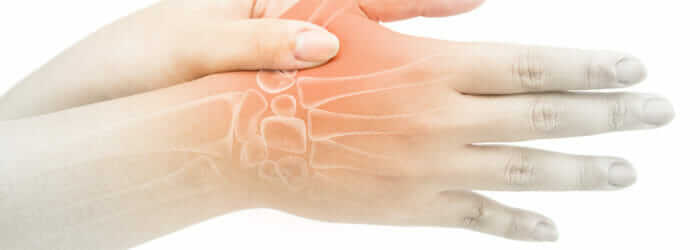
Flying in the face.
Anyone just getting to know about the existence of Dr. Hamer’s research and the GNM knows that his discovery “fly’s in the face of convention”.
We have been so conditioned by conventional medicine and the media to believe that everything that we suffer from is the result of a mistake of nature that we find it difficult to relate to what we call “healing phases” in the GNM.
Everything we have been taught contradicts this philosophy. However, in natural medicine there is an existing philosophy that when we do a detox, many of our previous symptoms will reappear when the body is “healing”, especially when we experience what is called a “healing crisis” in natural medicine.
However, that kind of healing crisis is different from what we call a healing or “epileptoid” crisis in the GNM.
In order to understand the difference we need to know what happens when we enter into the second phase which we call a “healing or resolution phase” after we have a conflict shock (DHS).
I’m sure those of you following my blog already understand that when we have a DHS we immediately go into the conflict active phase (Sympaticotonia=stress phase) and we will remain there until we resolve the conflict, but not all of our diseases will manifest during the conflict active phase.
As a matter of fact very few diseases present symptoms in the active phase, whereas approximately 70% or more of our symptoms appear only when the conflict resolves and we enter into the first half of the resolution phase (Vagotonia=healing phase).
The first half of the healing phase is mostly where we will experience our physical symptoms.
Mentally and emotionally we feel very well. However, it is in this PCL phase A, that we can develop pain, inflammation, fever, swellings and even some cancers. This process all dpends on what part of the brain was affected at the moment of the DHS.
I always like to use our most common physical symptoms to explain how this actually works. For example, arthritic symptoms or even a simple back ache are healing phase symptoms which can develop within a few hours of entering into a healing phase.
The first noticeable symptom of course, is pain, which indicates that there is an inflammatory process going on. Along with that inflammation, what we don’t realize is that the bone or articulation (joint) that physically degenerated during the stress phase is calcifying again creating a localized swelling.
Naturally the area that is going through this healing process is literally determined by the nature of the conflict.
Dr. Hamer found that in the case of the skeletal structure which includes the joints that the nature of the conflict has to do with what we call a “self-devaluation” conflict. By that we mean that we experienced a sense of being unable to perform a task or were unable to do or achieve something. Of course this is initiated by a conflict shock.
During the conflict active phase the bone or articulation, goes through a decalcification process, but the moment you resolve the conflict it will undergo the re calcification and become stronger as a result. Unfortunately this usually doesn’t happen without some suffering on our part.
Where the skeletal structure is concerned, the biological meaning of this manifestation is actually in the healing phase because nature is providing us with a stronger bone or articulation to “prevent” this from recurring through an “over” calcification.
Let’s use the example of the fingers where the conflict has to do with feeling clumsy or even unable to hold onto someone or something. Any professional who uses his hands to make a living is subject to having a self-devaluation when performing a task if they make a mistake using their hands. When they solve the conflict, the pain and swelling develop.
Unfortunately the onset of the pain and swelling can in this case also prevent them from performing their tasks and contribute to a sense of clumsiness creating a vicious cycle. Once we are in such a vicious cycle the problem will become chronic often leading to calcium deposits creating nodules on the joints of the fingers.
All of this is exasperated by the Kidney Collecting Tubule Syndrome which will contribute to more pain and more swelling, plus it will also prolong this healing phase which should last no more than 6-8 weeks from the beginning to the end.
I’ve only used the example of the fingers, but this process applies to the entire skeletal structure. The only difference is the nature of the conflict that we experienced.
For more information on the specific conflicts that affect the skeletal structure, please refer to the “Scientific Chart” which is available through my web site http://www.newmedicine.ca/book.php.
